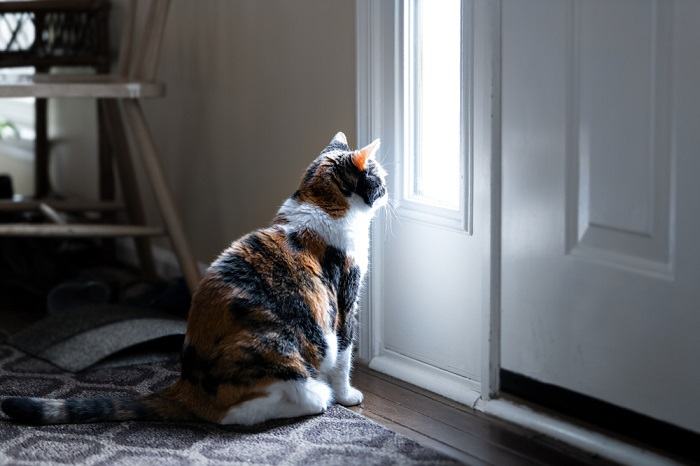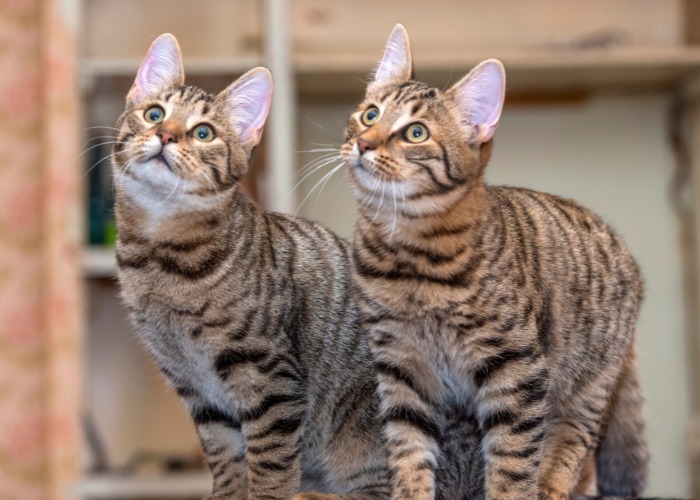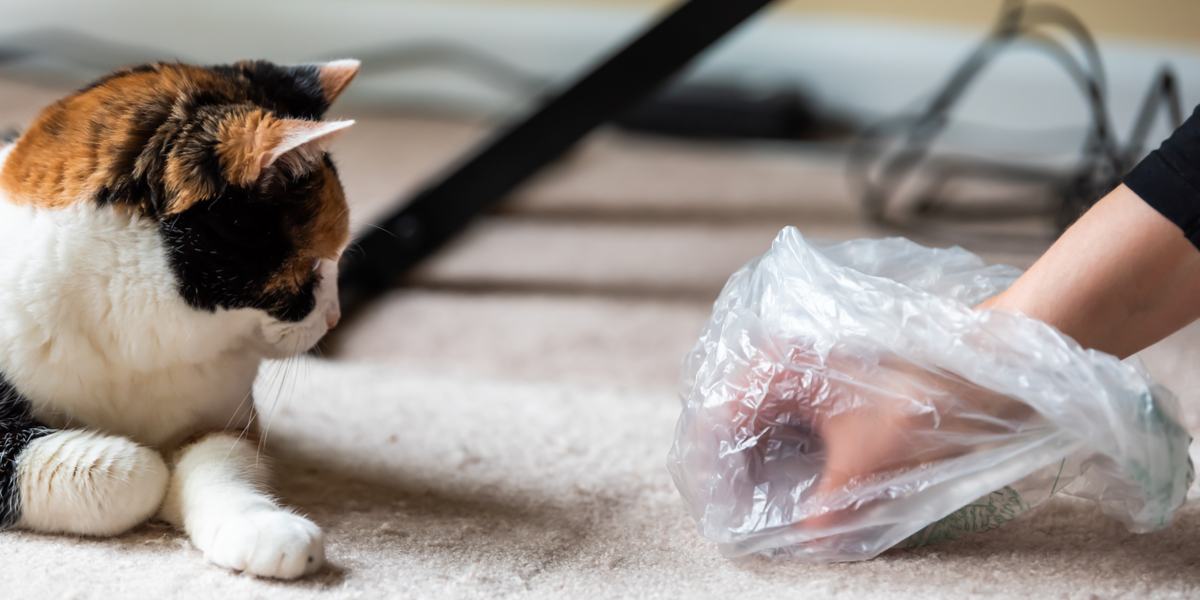Should I Get A Second Cat?
This page contains affiliate links. We may earn money or products from the companies mentioned in this post through our independently chosen links, which earn us a commission. Learn More
If you’re a cat lover, you might be always dreaming of adding to your cat brood. But is that a good idea? Do cats enjoy each other’s company? Or would they rather be alone? When you’re on the road to cat adoption and considering whether you should get a second cat, there are a few things to consider. Read on to find out.
Are Cats Happier With Another Cat?

Most humans have friends and many feel happier when they’re around people rather than on their own. But is this true of cats? Well, cats are actually naturally independent and don’t need so much social interaction. Though they can live with other cats, they are often happier alone.
When cats live in close proximity to other cats, it means sharing territory and resources, which can lead to stress or even bullying behavior. So, if you’re wondering whether your cat’s life will be happier with the addition of a new cat, the answer is probably not.
No matter whether your cats are a good match or not, when you first introduce them there’s likely to be an unpleasant period of adjustment.
Even the most gradual introduction where you exchange scented items first, then slowly work toward them seeing each other from a distance, you’ll probably see some resistance and anti-social behavior. It’s quite normal for cats to hiss, growl, and avoid each other initially. This doesn’t mean they’ll never get along, but it does make for a tricky few weeks.
Cats that are already bonded with each other are an exception. If you rehome a single cat who was part of a bonded pair, they’ll probably pine for their missing buddy. In this case, they’ll certainly be happier to be reunited with their companion.
Do Single Cats Get Lonely?

Loneliness is a common emotion felt by humans, but do you look at your single cat and wonder whether they’re craving companionship? If your cat is used to living as an “only cat,” they probably don’t need a friend and are contented with their own company (and yours!).
However, cats that are used to sharing their home and environment with another cat might feel lonely if they are suddenly living alone. Similarly, if your single cat is left on their own for large portions of the day, they might feel happier with another cat for company.
What Is Single Kitten Syndrome?

Another situation where you might want to consider two felines rather than one is if you’re adopting a kitten. Single kitten syndrome describes kittens who grow up on their own. Kittens naturally rely on their mother and littermates to keep them in line. For example, play fighting with their littermates helps them learn the limits of play.
If they bite too hard or act too aggressively, they’ll be put in their place by their friend. Sometimes, in households where there are no other kittens but an older cat, the older cat will take the new kitten under their wing and show them the ropes. However, a single kitten with no other cats to learn from or look up to can be more mischievous or destructive.
What Are The Pros And Cons Of Getting A Second Cat?

Adding to your feline family isn’t a decision to be taken lightly. However, if you spend some time considering the important factors and pros and cons, it should help you decide what’s right for your family.
Pros
- If your cat is part of a bonded pair, taking on their existing companion as a second cat is a great idea to keep both kitties happy.
- Kittens may display less unwanted behavior if they grow up with another kitten to help them learn their boundaries.
- Cats who have a companion are less likely to suffer from separation anxiety, boredom, or loneliness if you have to be away from home for long periods during the day.
- Cats who are used to living in a multi-cat household may feel happier with a new friend if their previous companion passes away, goes missing, or is rehomed.
Cons
- Sharing resources like food, water, territory, toys, resting spots, and litter boxes can easily cause stress in cats.
- Even with the correct introduction process, cats usually react negatively to a new cat in the household at first.
- Although many cats accept each other with time and patience, some may never get along, leading to ongoing anxiety or bullying.
- Your current cat’s behavior might regress due to the anxiety of a new cat around the house. Urinary accidents, poops outside the tray, and other unwanted behaviors are common.
- You will need at least double of everything like bowls, scratching posts, and beds (and at least three litter boxes).
- An additional cat will be more expensive. Make sure you can afford pet insurance for both and are prepared for unexpected costs.
How Do You Introduce A Second Cat To The Household?

Introducing a second cat to your current cat isn’t easy, and you shouldn’t expect them to bond straight away. In fact, they’ll likely act like they hate each other at first!
Be patient and don’t rush things. As long as you follow these guidelines, over time you should find that they settle. If they don’t, or you face any unexpected issues, speak to your veterinarian.
- Ensure you have everything you need. You’ll need one more litter box than the number of cats you have, and at least one food bowl and water bowl each.
- If you are going to have a male cat and a female cat living together, make sure that they are neutered to avoid unwanted mating.
- Use a calming or pheromone spray or diffuser like Feliway or Pet Remedy to ensure there are calm vibes in your home.
- Keep both cats separate at first. Ideally, disrupt your current cat’s routine as little as possible, so restricting the new cat to one room may work best.
- Provide each cat with a blanket, soft toy, or item of clothing for a few days so that it picks up their scent. Then exchange these items so that each cat is exposed to the other cat’s smell.
- After a few days allow your cats to see each other for short periods from a distance and under supervision. This can be achieved through a baby gate if needed.
- Once your cats seem more comfortable, stop hiding, and don’t react to each other, gradually allow them to approach each other, without contact.
- When neither cat reacts to the other approaching, you can allow them supervised contact for a few days.
- If the process has gone well your cats should be safe to leave unsupervised together.
Final Thoughts

No one can decide what is best for your family. However, before taking on a second cat, it’s worth considering the pros and cons and thinking about your individual cat’s personality and temperament. After all, if the new addition doesn’t settle in well and one or both cats get stressed, you could end up with a big problem on your hands.
If you’re worried that one or more of your cats is stressed, you can find more information in this article. However, your vet will be able to offer some help to get your kitty feeling happier again.



